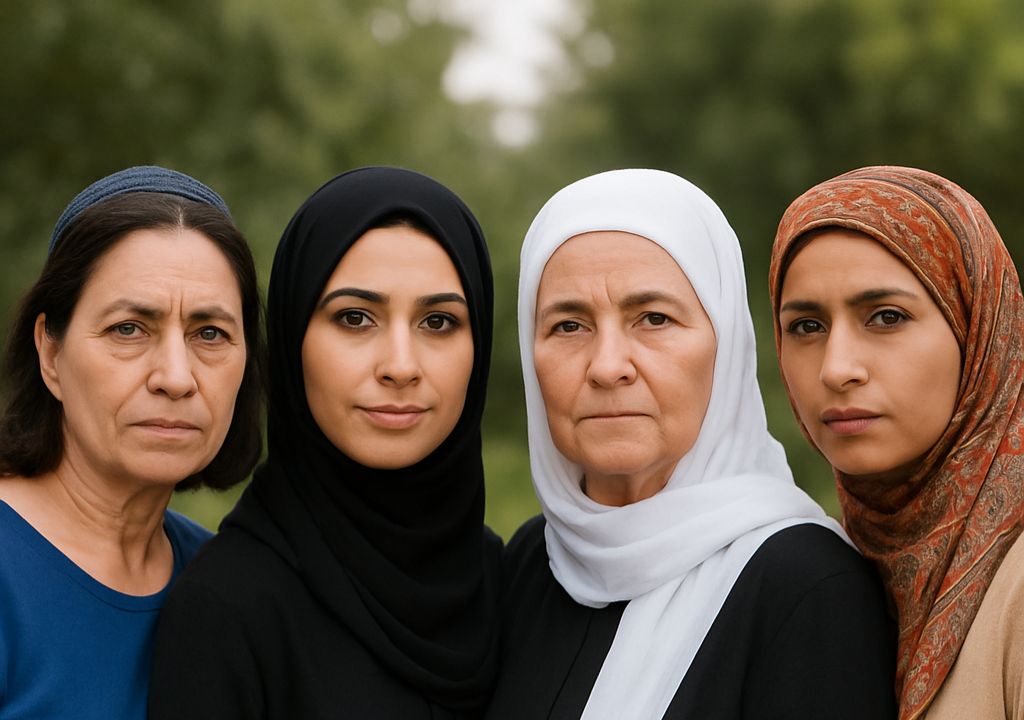International Women’s Day for Peace and Disarmament
Each year on May 24th, the world marks the International Women’s Day for Peace and Disarmament, a date rooted in the powerful legacy of women-led peace activism. Established in 1982 by the Greenham Common Women’s Peace Camp alongside other European pacifist groups, this day honors a long tradition of women advocating for peace.
Globally, women-led movements have expanded the very definition of peace. As conflicts continue to scar many regions of the world, women are often the first to raise the alarm, and the last to leave the battlefield of human suffering. They advocate for the abolition of nuclear weapons, environmental justice, and economic equity. They fight to end sexual violence and push for negotiated resolutions to conflicts. Their vision of “positive peace” encompasses not just the silencing of guns, but the building of systems that nurture dignity and opportunity for all.
One of the most dynamic examples of contemporary women’s peace activism is Women Wage Peace (WWP), the largest grassroots peace movement in Israel. Founded in the aftermath of the devastating 2014 Gaza War, WWP now includes over 50,000 Israeli women from all walks of life. Its members come from across the political and religious spectrum: Jewish, Arab, Druze, Bedouin… from urban centers and rural communities. What unites them is a shared belief: that women must shape the future of their nation.
WWP takes a distinctly gendered approach to peacebuilding. As former U.S. Ambassador Swanee Hunt notes, “Women tend to have a more holistic view of security, which embraces not just political sovereignty and military strength, but also economic security, education, and personal safety”. WWP doesn’t champion a specific political solution. Rather, it insists on women’s full participation in peace negotiations and calls for diplomatic, non-violent resolution to the Israeli-Palestinian conflict.
This is not only a movement, it is an example of inclusive and transformative activism. In the Dialogic Society, it brings together women from across political ideologies, age groups, geographic regions, and cultural and religious communities. By fostering unity across these divides, WWP builds a powerful coalition committed to shaping a peaceful future. Its non-hierarchical structure enables thousands of volunteers to lead the work collaboratively.
As we commemorate this day, it reminds us that sustainable peace is only possible when it is inclusive, participatory, and rooted in justice. The voices and leadership of women are essential, as their courage and collective strength offer not only hope, but a roadmap for a better and peaceful world.
Assistant Lecturer at the University of the Basque Country


